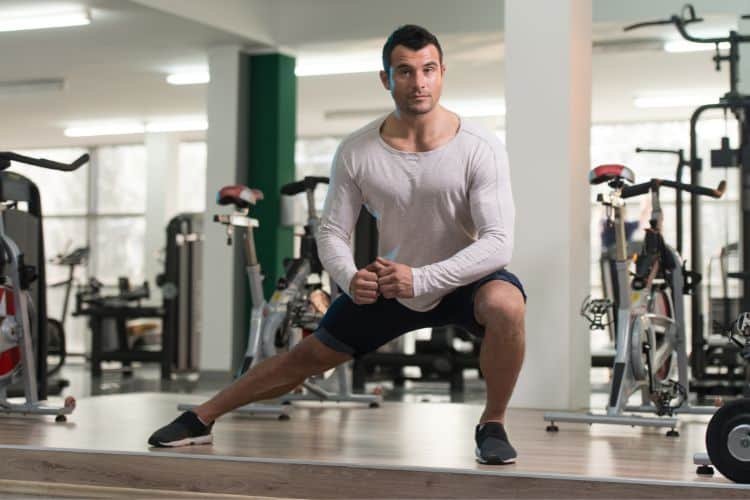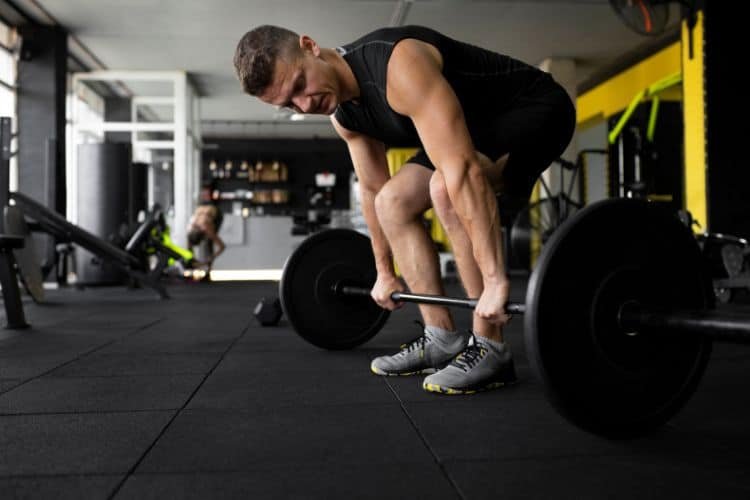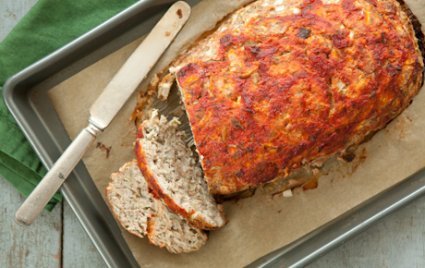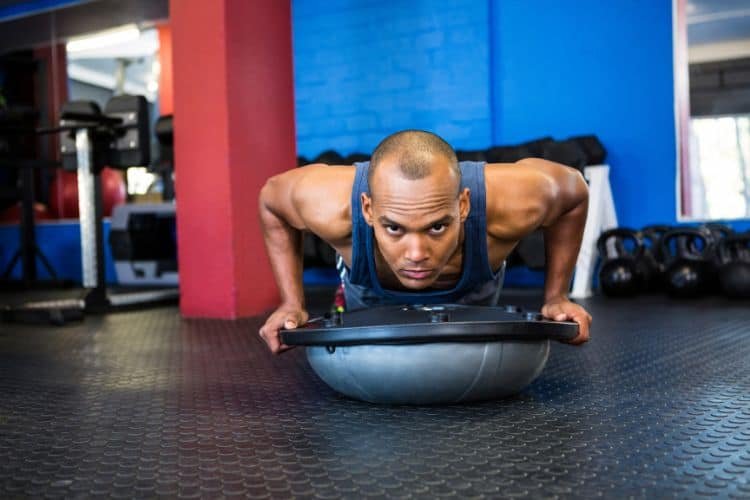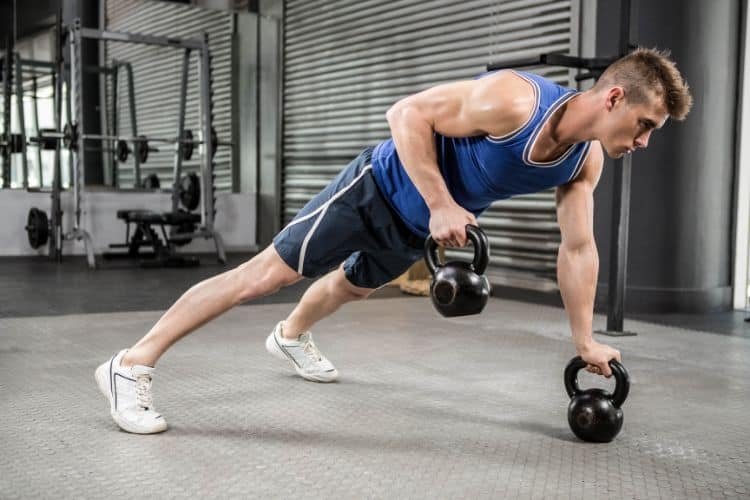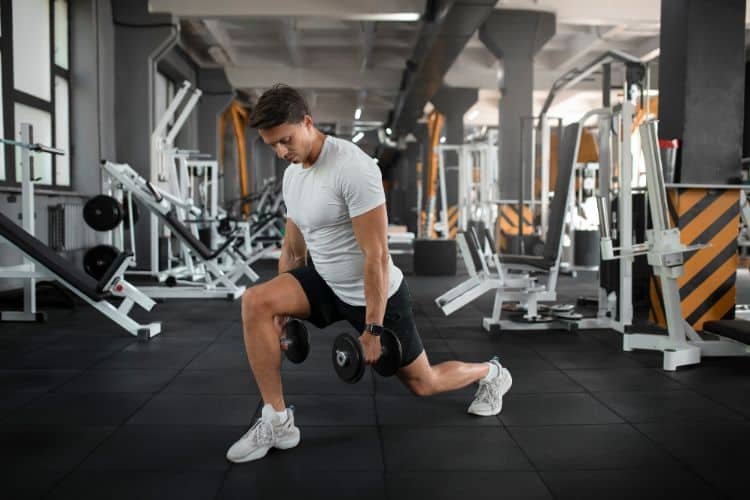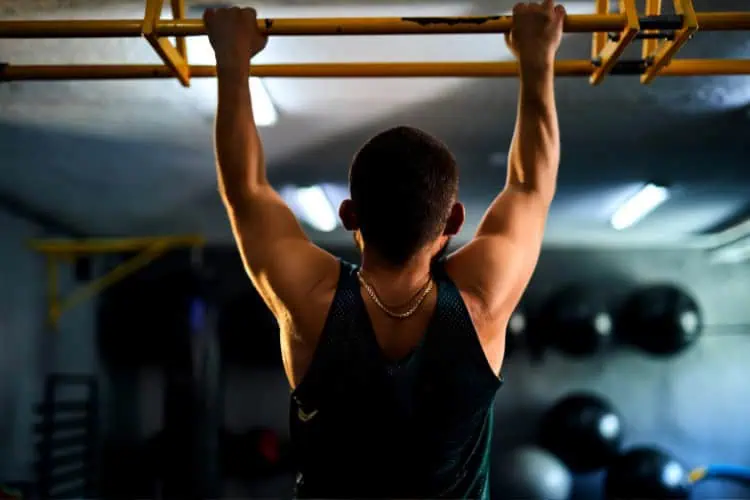
Pull-ups are one of the best upper body exercises, and among the many varied pull-up types, the overhand pull-up stands out as a favourite for building power, muscle definition, and total fitness. This weblog post will break down the mechanics, advantages, variations, and techniques of the overhand pull-up, together with suggestions for mastering this difficult however rewarding train.
What is an Overhand Pull-Up?
The overhand pull-up, also called the pronated pull-up, entails gripping the bar along with your palms dealing with away from you. This grip is completely different from the underhand (supinated) chin-up, the place your palms face towards you. The overhand grip will increase the engagement of the higher back, shoulders, and arms whereas lowering the involvement of the biceps in comparison with the chin-up.
Muscle Groups Worked in Overhand Pull-Up
One of the explanations overhand pull-ups are so widespread is their skill to focus on a big selection of muscle teams. Here’s a breakdown of the first muscle tissues concerned:
- Latissimus dorsi (lats): The giant muscle tissues of the back answerable for the enduring “V” form.
- Trapezius (traps): These muscle tissues stabilize the shoulder blades and help with total posture.
- Rhomboids: Situated between the shoulder blades, the rhomboids are engaged during the pulling movement.
- Deltoids (shoulders): The overhand grip forces the shoulders to help more within the motion.
- Biceps brachii: Although much less concerned in comparison with chin-ups, the biceps nonetheless work to tug your physique upwards.
- Forearms and grip power: Holding onto the bar challenges your grip power, serving to to develop forearm muscle tissues.
- Core muscle tissues: Keeping the physique secure during the train requires robust engagement of the core muscle tissues, together with the rectus abdominis and obliques.
Benefits of Overhand Pull-Up
1. Builds Upper Body Strength
Overhand pull-ups are one of the most effective exercises for building power within the back, shoulders, and arms. This train engages a number of muscle teams concurrently, making it an environment friendly exercise for developing total higher physique energy.
2. Enhances Grip Strength
The overhand grip calls for more out of your forearms and fingers, leading to improved grip power. This could be useful not solely within the fitness center however in day-to-day actions, from carrying groceries to lifting heavy objects.
3. Improves Posture
By strengthening the muscle tissues of the higher back and shoulders, overhand pull-ups help improve posture. They goal the muscle tissues answerable for pulling the shoulders back and down, counteracting the consequences of hunching over desks or screens.
4. Versatile and Scalable
Whether you’re a newbie or superior athlete, overhand pull-ups could be scaled to your stage. Beginners can use resistance bands or help machines, whereas superior lifters can add weight for elevated depth.
5. Functional Fitness
Pull-ups mimic many real-world actions that require pulling or lifting, making them an important half of functional fitness training. The power developed by means of pull-ups can translate to sports activities efficiency, handbook labor, and on a regular basis duties.
How to Perform an Overhand Pull-Up Correctly
Mastering the right kind for an overhand pull-up is essential to maximizing advantages and avoiding damage. Follow these steps for perfecting your pull-up approach:
Step 1: Set Your Grip
Begin by gripping the pull-up bar along with your palms dealing with away from you. Your fingers ought to be barely wider than shoulder-width aside. This hand place engages your lats and higher back muscle tissues more successfully.
2: Engage Your Core
Before pulling up, tighten your core muscle tissues to stabilize your physique. This will help you keep control and forestall swinging, which may scale back the effectiveness of the train and increase the risk of damage.
3: Initiate the Pull
Start the motion by pulling your shoulder blades down and back. This engages your lats and begins the upward movement. As you pull your self up, give attention to driving your elbows down towards your ribs, somewhat than pulling along with your arms. This ensures correct activation of your back muscle tissues.
4: Reach the Top Position
Continue pulling till your chin clears the bar. At the highest of the motion, pause for a second and squeeze your shoulder blades collectively. This helps maximize the contraction in your back muscle tissues.
5: Lower with Control
Slowly decrease your physique back to the beginning place, totally extending your arms. Avoid dropping down too rapidly, as managed reducing (eccentric movement) is essential for muscle growth and power development.
Common Mistakes to Avoid
- Using momentum: Swinging or kipping might make pull-ups simpler, nevertheless it reduces the effectiveness of the train and will increase the risk of damage. Focus on gradual, managed actions.
- Incomplete vary of movement: Many people carry out half-reps, solely reducing midway down. Ensure you totally lengthen your arms on the backside of every rep.
- Over-relying on the arms: Overhand pull-ups ought to prioritize back engagement. Avoid pulling an excessive amount of along with your arms and biceps.
Overhand Pull-Up Variations
Once you’ve mastered the fundamental overhand pull-up, there are quite a few variations to problem completely different muscle groups and increase the depth of your exercise.
1. Wide-Grip Pull-Up
The wide-grip pull-up entails putting your fingers additional aside than a commonplace pull-up, which will increase the emphasis on the outer lats. This variation makes it tougher to make use of your arms, forcing the back muscle tissues to work even tougher.
2. Narrow-Grip Pull-Up
In a narrow-grip pull-up, your fingers are positioned nearer collectively. This variation shifts some of the main focus onto the biceps and forearms whereas nonetheless participating the higher back and lats.
3. Weighted Pull-Up
For these trying to construct critical power, including weight to your pull-ups is a great option. You can use a weight belt, maintain a dumbbell between your legs, or put on a weighted vest to increase the resistance.
4. Towel Pull-Up
To enhance grip strength and forearm development, strive the towel pull-up. Drape a towel over the pull-up bar and grip the ends of the towel with each fingers. This variation is particularly difficult in your grip and forearms.
5. Eccentric (Negative) Pull-Up
If you’re not but in a position to carry out a full pull-up, eccentric pull-ups are a great solution to construct power. Jump or step up to the highest place of the pull-up, then slowly decrease your self down in a managed method. Focus on the eccentric section, which is essential for muscle growth.
Progression for Beginners
Overhand pull-ups could be difficult, particularly for inexperienced persons. However, with constant apply and a well-structured development, you may work your manner up to performing a number of pull-ups. Here’s a step-by-step information for inexperienced persons:
1. Assisted Pull-Ups
Use resistance bands or an assisted pull-up machine to help scale back the quantity of weight you’re pulling. This means that you can give attention to kind whereas progressively building power.
2. Lat Pulldowns
If you’re not prepared for pull-ups, lat pulldowns are a great various. The motion sample is just like pull-ups, and so they mean you can construct power within the lats and higher back.
3. Negative Pull-Ups
As talked about earlier, give attention to the reducing section of the pull-up. By controlling the descent, you’ll construct the mandatory power to ultimately carry out full pull-ups.
4. Isometric Holds
Hold your self within the high place of the pull-up for as long as attainable. This builds endurance and strength within the muscle tissues needed for pull-ups.
Integrating Overhand Pull-Up into Your Workout Routine
Incorporating overhand pull-ups into your common exercise routine is crucial for maximizing higher physique power. Depending in your fitness objectives, you may modify the frequency, units, and reps of your pull-up exercises.
For Strength and Muscle Growth
- Sets and reps: 3-5 units of 4-8 reps
- Rest: 2-3 minutes between units
- Progression: Add weight as you construct power, or increase the quantity of reps over time.
Endurance and Toning
- Sets and reps: 3-4 units of 10-15 reps
- Rest: 60-90 seconds between units
- Progression: Focus on rising the quantity of reps and lowering relaxation time between units.
Beginners
- Sets and reps: 3-4 units of 2-5 assisted or unfavourable pull-ups
- Rest: 90-120 seconds between units
- Progression: Gradually scale back help and increase reps as you construct power.
Advanced Tips for Overhand Pull-Ups
Once you’ve mastered the fundamentals and might carry out a number of pull-ups with ease, listed below are some superior tricks to take your pull-up recreation to the subsequent stage:
1. Use Different Grips
Mix up your grip width and hand placement to problem your muscle tissues in several methods. Incorporating large, slender, and impartial grips can help break plateaus and develop completely different elements of your back.
2. Increase Time Under Tension
Slow down each the pulling and reducing phases of the pull-up to increase the time your muscle tissues are beneath pressure. This can help increase muscle hypertrophy and construct larger endurance.
3. Superset with Rows
Pair your pull-ups with horizontal pulling workout routines like barbell rows or dumbbell rows to additional goal the back muscle tissues and increase total pulling power.
4. Focus on Mind-Muscle Connection
When performing pull-ups, give attention to feeling the contraction in your back muscle tissues somewhat than merely going by means of the movement. Engaging the mind-muscle connection can result in more efficient exercises and higher muscle growth.
Overhand pull-ups are one of the best workout routines for developing higher physique power, enhancing posture, and building practical fitness. Whether you’re a newbie working in your first pull-up or an superior lifter aiming so as to add weight and reps, this train could be scaled and modified to suit any fitness stage. By following correct kind, avoiding widespread errors, and incorporating pull-up variations, you’ll be in your solution to mastering the overhand pull-up and reaping its quite a few advantages.
